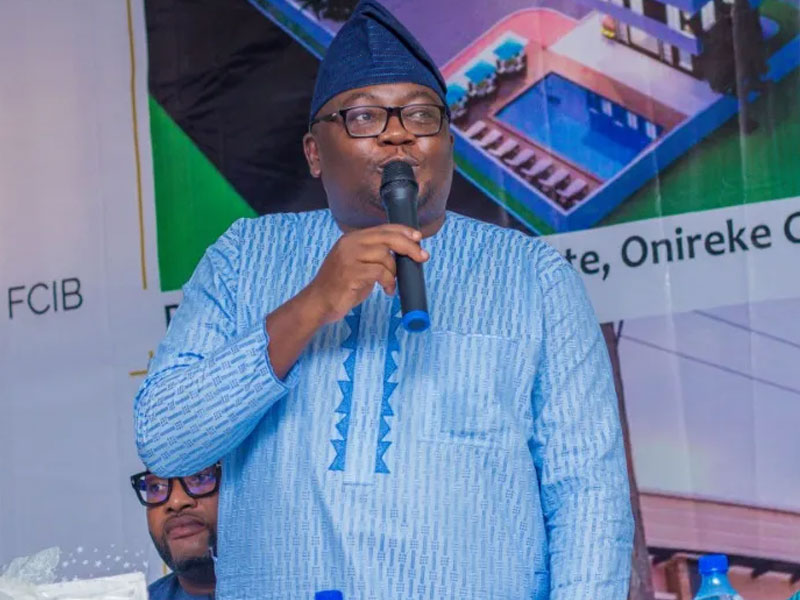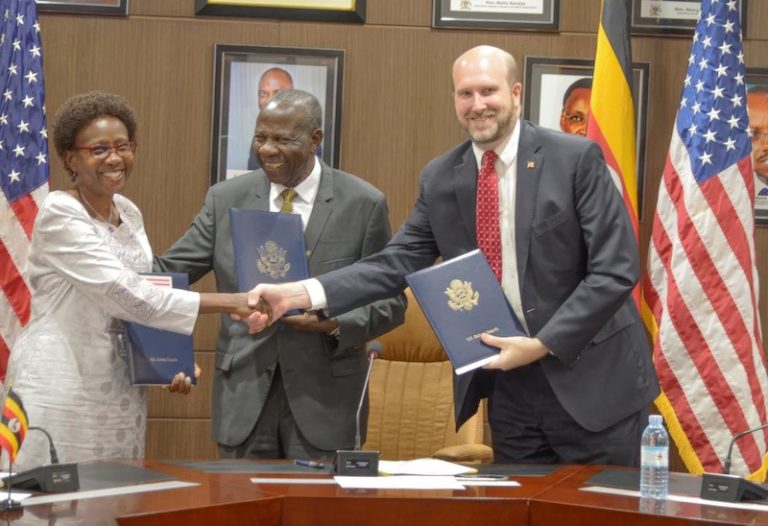
The federal government on Wednesday pledged to end the problematic estimated electricity billing in the country in the next three to five years, a move that could considerably raise liquidity and restore confidence in the nation’s power sector.
Speaking at the maiden Nigerian Independent System Operator (NISO) Stakeholders’ Engagement in Abuja, the Minister of Power, Chief Adebayo Adelabu, stated that the government has already mobilised N700 billion funding to implement the Presidential Metering Initiative (PMI), aimed at tackling the sector’s long-standing metering gap.
Besides, the minister in his goodwill message at the event, stated that aside from the N700 billion, the World Bank’s Distribution Sector Recovery Programme (DISREP) fund of $500 million is complementing financing, adding 3.45 million meters to the sector, while procurement has commenced.
“We believe that with the implementation of this Presidential Metering Initiative, the (metering) gap will soon be a thing of the past, and we will say goodbye to estimated billing. And we’re not stopping there. This initiative is also complemented by the World Bank Distribution Sector Recovery Programme Fund of $500 million, which is also adding 3.45 million meters to the sector.
“The procurement of these meters are well-documented. They’ve been delivered, and a lot of them have been installed. So within the next three to five years, we will say goodbye to no meter and estimated billing. This has a lot of impact on the liquidity and sustainability of the power sector.
“It will also attract investors, and they will be able to see a line-of-sight that when they bring money to the sector, they can easily recover the capital or principal and also make some reasonable returns. And I believe that reliability and the sustainability of power supply will be assured in Nigeria and across the border,” he assured.
The theme of the maiden event was: “Building a Resilient and Competitive Electricity Market – The Role of NISO”.
THISDAY recalls that the total number of metered customers in Nigeria rose to 6,579,818 in August this year, improving the metering rate nationwide to 55.01 per cent, according to data from the Nigerian Electricity Regulatory Commission (NERC).
While total active customers in the power sector increased from 11,897,246 in July to 11,960,101 in August, it also reinforced the scale of the metering challenge, as just over 55 per cent of electricity consumers are currently metered, leaving roughly 45 per cent still subject to estimated billing.
Separately, in a press briefing, Adelabu stated that the recent integration of Nigeria’s power grid with those of 15 West African countries now places Nigeria at the centre of a modern operating environment where electricity networks no longer function in isolation but as interdependent components of a shared regional framework.
Once permanent synchronisation is achieved, the minister explained that Nigeria will operate under a stronger, more resilient system, benefiting from cross-border support that enhances grid stability, reduces the risk of system disturbances, and improves the overall reliability of electricity supply.
By becoming part of a larger synchronous area, he noted that Nigeria will be able to rely on regional support during periods of supply shortfall, while also strengthening neighbouring networks when required.
The impact of this achievement, he said, is already evident in several critical areas, as it strengthens confidence in Nigeria’s power system, stressing that despite several challenges, Nigeria has the technical competence, engineering capacity, and institutional discipline required to operate at global standards.
According to him, the synchronisation positions the country as a credible partner for cross-border energy exchange and a reliable participant in the West African Electricity Market under the West African Power Pool (WAPP).
At the NISO engagement, Adelabu listed major milestones under the Bola Tinubu administration as: The centralisation and liberalisation of the sector which has resulted in the activation of 15 state electricity markets; development of a National Integrated Electricity Policy after 24 years and attraction of over $2 billion in fresh investments into the sector to further extend electricity access in the country.
Furthermore, he reiterated the commencement of the process to transition the industry towards full commercialisation which increased the sector’s revenue by 70 per cent in 2024 and reduced government liability in the sector by N700 billion.
The increase in the country’s installed capacity for energy generation from 13GW to 14GW and the attainment of an all-time generation peak of 5,801.44 MW and a maximum daily energy record of 128,370.75 MWh on March 4, 2025, Adelabu stressed, are also key achievements under the current administration.
On the WAPP system, the minister stated that it represents the first time in history that Nigeria has operated in a unified, stable, and fully harmonised configuration with the rest of the sub-region.
“While this is not yet a permanent synchronisation, the successful test clearly demonstrates that regional technical alignment is feasible and marks a major step toward eventual full integration.
“The synchronisation exercise, conducted between 05:04 a.m. and 09:04 a.m., involved the Nigerian grid which includes Niger Republic and parts of Benin and Togo and the rest of West Africa’s interconnected systems covering Ghana, Côte d’Ivoire, Burkina Faso, Liberia, Sierra Leone, Guinea, Senegal, The Gambia, Guinea Bissau, and Mali.
“For four uninterrupted hours, power flowed seamlessly across national borders, operating at a single stable frequency and proving that West Africa is now technically capable of functioning as a unified power bloc. This achievement ranks among the most significant milestones in the history of WAPP,” he stated.
The successful synchronisation test, he explained, shows that, despite these challenges, Nigeria has the technical competence, engineering capacity, and institutional discipline required to operate at global standards.
“The benefits of synchronisation with other WAPP countries would extend directly to the Nigerian people. A more stable grid improves the performance of essential services such as hospitals, water supply, transport systems, digital infrastructure, and public institutions.
“As ongoing transmission expansion projects including the North-Core line, the Ajegunle 330 kV Substation, the Kaduna–Kano transmission upgrades, and the Gwagwalada–Gurara connection are completed, synchronisation will help deliver more reliable power to homes and industries nationwide. While expectations must remain realistic, this achievement provides the structural foundation for the improvements Nigerians have long awaited,” he stated.
In the same vein, Adelabu dismissed concerns that Nigeria’s generation companies would simply export all their supply since it’s more profitable to do so, stressing that the domestic market must be supplied first before remaining megawatts will be sold to regional markets.
In his intervention, the Managing Director and Chief Executive of NISO, Bello Mohammed, stated that engagement was a significant milestone in NISO’s operational takeoff as an independent, neutral, and transparent system and market operator.
As defined under the NERC Order establishing the Independent System Operator, NISO, he said, carries the mandate to ensure open, non-discriminatory access to the transmission system; to coordinate generation and system operations in a transparent manner; to administer the electricity market; and to ensure fairness, neutrality and accountability in all market interactions.
“Put simply, NISO is the referee that ensures everyone plays by the rules and that the rules themselves support a competitive market where efficiencies matter, investments are protected, and consumer welfare is the ultimate goal.
“A truly competitive and investor-friendly electricity market rests on operational discipline, transparent governance, and strict adherence to the Market Rules, Grid Code, Metering Code, and other regulatory instruments. These principles lie at the foundation of NISO’s mandate.
“As we gather here today, we operate in a power sector undergoing rapid transformation driven by decentralisation, state electricity markets, technological shifts, and increasing expectations from investors and consumers alike. These developments demand that NISO steps forward as a credible, impartial, and competent operator that ensures fairness, reliability, and operational excellence in both the grid and the market,” he stated.
Others who spoke at the event were the Chairman, Board of Directors’ NISO, Dr. Adesegun Akin-Olugbde, who was represented; Vice Chairman of NERC, represented by a Deputy Director, Friday Sule; Director General, BPE, Mr. Ayodeji Ariyo Gbeleyi, who was represented; the MD/CEO of the Transmission Company of Nigeria (TCN), Sule A Abdulaziz; Executive, among others.
Emmanuel Addeh


